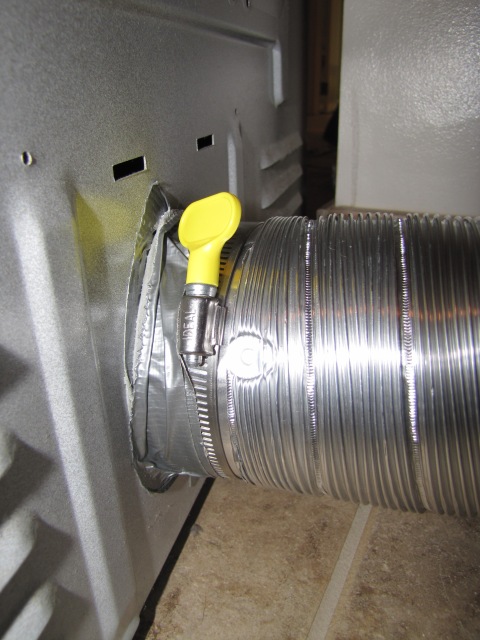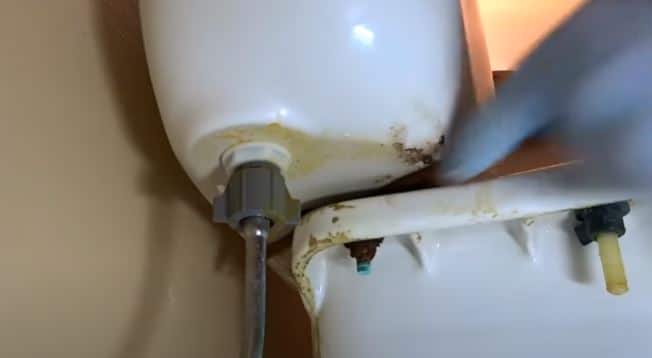5 Repetitive Water Leak Factors
5 Repetitive Water Leak Factors
Blog Article
What are your beliefs on Reasons for Water Heater Leaks?

"Beware of little expenses. A small leak will sink a wonderful ship." - Benjamin Franklin.
He could not have actually been much more best because water leaks in our residences cause a waste of sources, boosting our water expenses. Although this rise may seem negligible in the beginning, it can bring about considerable costs that can break your financial institution. Besides an increase in expenses, water leakages likewise create unwanted organic development, architectural damages, and even electric risks.
If you have a water leakage isn't always simple due to being unable to see most of the pipework in your home, figuring out. If you have had a rise in your water costs recently, saw water discolorations on wall surfaces and also ceilings, smelt poor smell, etc. You might want to think about requesting plumbing services to get it checked out.
There are numerous reasons for water leakages, as well as we have assembled the typical reasons listed below. Inspect to see if you have had related issues in your home lately.
Deteriorated pipe joints
Pipeline joints are the parts of our plumbing system where the pipes connect. It is vital to note that even though pipes are made to hold up against stress and last for a while, they weren't designed to last for life; consequently, they would degrade over time. An usual indication of damaged pipeline joints is extreme sound from taps.
High water stress
You discovered your home water pressure is greater than typical but after that, why should you care? It runs out your control.
It would be best if you cared since your typical water stress ought to be 60 Psi (per square inch) and although your house's plumbing system is created to endure 80 Psi. A rise in water pressure can place a strain on your home pipelines and cause splits, or worse, burst pipes. If you ever notice that your house water stress is more than normal, get in touch with an expert concerning controling it.
Corrosion
As your pipework grows older, it obtains weak as well as more susceptible to rust after the frequent passage of water through them, which can gnaw at pipelines and cause cracks. A noticeable indicator of deterioration in your house plumbing system is staining as well as although this may be hard to identify as a result of the majority of pipelines hidden away. We encourage doing a regular examination every few years and also alter pipes once they are old to ensure an audio plumbing system
Obstructed drains
Food fragments, dirt, and also grease can trigger clogged up drains as well as block the flow of water in and out of your sink. If undealt with, enhanced pressure within the gutters can create an overflow and finish up fracturing or bursting pipelines. To prevent stopped up drains in your home, we recommend you to prevent pouring fragments down the tubes as well as normal cleaning of sinks.
Busted seals
An additional root cause of water leakages in houses is damaged seals of residence devices that make use of water, e.g., a dish washer. When such appliances are installed, seals are mounted around water ports for simple passage of water via the machine. Thus, a busted seal can trigger leakage of water when in operation.
With little or no knowledge of plumbing, recognizing your residence's plumbing system sufficient to fix some of these concerns (without repercussion) can be a problem. Connect with plumbing specialists in Pittsburgh, Providence, Rochester, and also environ today, as well as they'll make those problems disappear.
He couldn't have actually been more ideal due to the fact that water leaks in our houses result in a waste of sources, boosting our water expenses. If you have had an increase in your water costs recently, saw water stains on ceilings and walls, smelt lousy smell, and so on. A boost in water pressure can put a strain on your home pipelines and lead to splits, or even worse, ruptured pipelines. An additional cause of water leakages in residences is damaged seals of house devices that utilize water, e.g., a dishwashing machine. When such devices are installed, seals are mounted around water adapters for simple passage of water via the equipment.
5 TIPS IN DETECTING A WATER LEAK IN YOUR HOUSE
Water leaks can be hard to find in your home, yet they can be so common. We rely on water every day in our home, which is why a leak can cause big problems. By detecting them early, you can save money and further damage, getting the problem fixed as soon as possible. Here are 5 tips to help you detect a water leak in your home, so you can contact a plumber straight away and get the issue sorted.
Check your water meter
Many people underestimate the value of the water meter in their home. It can be one of the best ways to tell if you have a leak early on, so you can get on top of it before issues start arising. Start by turning off all the water in your home: taps, washing machine, dishwasher, etc. Now take a look at the meter – if it’s still changing with everything turned off, it’s likely you have a fast-flowing leak that you need to get on top of straight away. If nothing changes, then leave your meter for an hour or two and come back to it. Did it change in this time? It’s likely you have a slower leak, which isn’t as urgent but still handy to get fixed so it doesn’t become a bigger problem.
Keep an eye on your bill
Another good way to detect a leak in your home is by keeping an eye on your water bill. It helps if you have a past bill from the same period of time. You can compare like for like and determine whether your water usage has increased significantly. If it has, there may be a leak in your system that you haven’t picked up before. A professional plumber can check through all of your pipes and determine where it is coming from.
Look for damage
If you have a leak inside your home, you will notice damage over time. Take a look at your showers and bathtubs and note whether any of the tiles surrounding the area seem to be discoloured or damaged in any way. There may be water stains, mould or peeling material that has resulted from a build up of moisture over time. Make sure you take a look under sinks at the back of cupboards that don’t get accessed regularly. This is where damage can go unnoticed and build up over periods of time.

As a serious person who reads about How to Find and Prevent Water Leaks in Your Home, I was thinking sharing that section was worth the trouble. Sharing is good. Helping others is fun. Thanks a lot for your time invested reading it.
24/7 ready, dial! Report this page